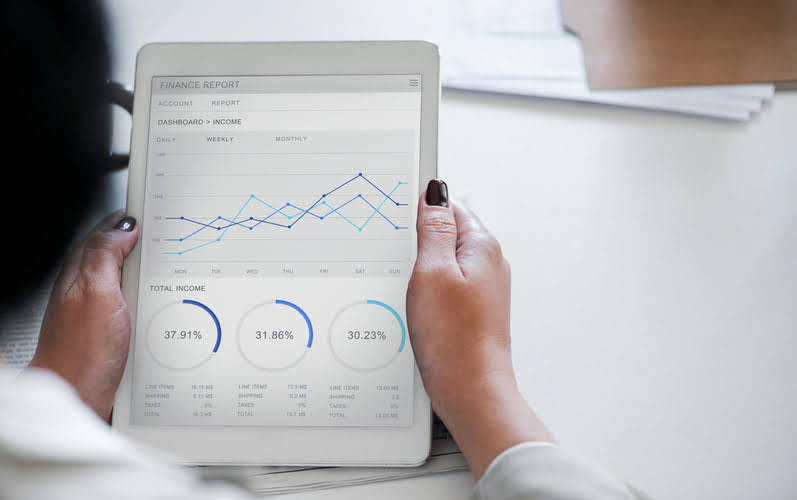
Without it, it’s nearly impossible to produce an accurate record of financial activities that affect everything, from profit to equity to payroll, and more. Efficient bookkeeping involves foresight, meaning that a business should always plan for upcoming financial events, including tax time. Good preparation and documentation are critical for paying taxes (including payroll taxes) on time. Bookkeepers use a chart of accounts to see all of the accounts in a company’s general ledger.

You might still consider consulting with a CPA or bookkeeper at the beginning, just to make sure you’re doing everything right. You could go with one of dozens of popular cloud accounting solutions, like QuickBooks, Xero or Wave. However, if you don’t have a lot of bookkeeping experience (or don’t have time to learn), they could stress you out more than they help you. Especially if your accountant ends up telling you you’ve been using them incorrectly for the past year. Under cash accounting, you record transactions only once money has exchanged hands. If you bill a customer today, those dollars don’t enter your ledger until the money hits your bank account.
Understanding Assets, Liabilities, and Equity When Balancing the Books
Generally speaking, bookkeepers help collect and organize data and may have certain certifications to do so for your business. On the other hand, accountants are generally equipped with an accounting degree and may even be state-certified CPAs. You can expect most bookkeepers to maintain the general ledger and accounts while the accountant is there to create and interpret more complex how to bookkeeping for small business financial statements. Online accounting software can help you make sense of your financial reports, review your budget, and prepare for taxes. Don’t forget to visit the QuickBooks bookkeeping hub where you can find additional helpful information and definitions. As a business owner, you’ll most likely have to create a complete financial report at least once a year, for tax purposes.
Most businesses now use specialized bookkeeping computer programs to keep books that show their financial transactions. Bookkeepers can use either single-entry or double-entry bookkeeping to record financial transactions. Bookkeepers have to understand the firm’s chart of accounts and how to use debits and credits to balance the books. Since the information gathered in bookkeeping is used by accountants and business owners, it is the basis of all the financial statements generated.
Accounting ledger
When you automate bookkeeping tasks, you’ll have more time to dedicate to actually growing your company. First, you’ll have to expand your definition of the word “accounts.” In bookkeeping, accounts are categories like income, expenses, assets, liabilities, or equity. In this article, we’ll continue to use the term accounts for simplicity. Even with expense management and accounting software on your side, consulting with a professional accountant can provide additional peace of mind and specific, tailored advice. On the other hand, if your business has fewer transactions or you’re just starting out, a monthly bookkeeping routine during month-end close might be sufficient. This approach aligns well with preparing monthly financial statements and gives you a comprehensive view of the month’s activities.
- It’s important to understand the trajectories and trends so you can learn how to make better-informed business decisions in the future.
- This can be sufficient for very small businesses that aren’t incorporated.
- She still prefers iced coffee over tea, but has a new soft spot for a Sunday roast.
- Accurate bookkeeping helps you trace your firm’s financial records and evaluate its performance levels.
- For example, if your company hires only part-time employees, you won’t need the same features as a construction company with full-time employees and frequent overtime.
As a responsible small business owner or bookkeeper, you should be aware of your company’s revenue streams. With accurate bookkeeping, you can tell how much your business is making in terms of income and track your spending to ensure that you have enough cash on hand to cover your business expenses. Proper financial records make https://www.bookstime.com/blog/how-to-do-bookkeeping-for-cleaning-businesses it easier for you to analyze the financial state of your firm and determine areas that need improvement. Using the data you gain from keeping a ledger, your next step will be to generate and prepare financial reports for analysis. The major reports to include are the profit and loss, the balance sheet, and a cash flow analysis.
